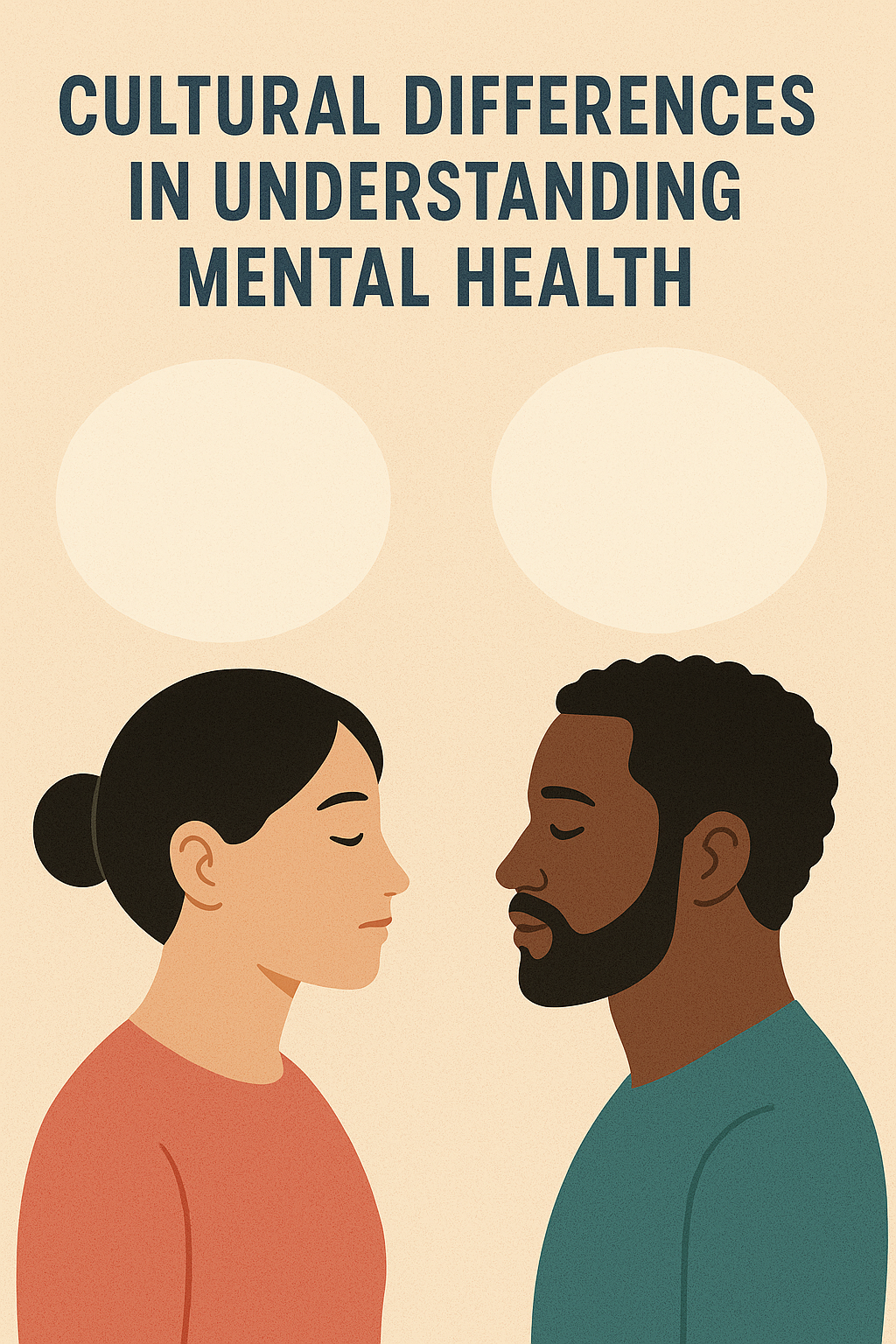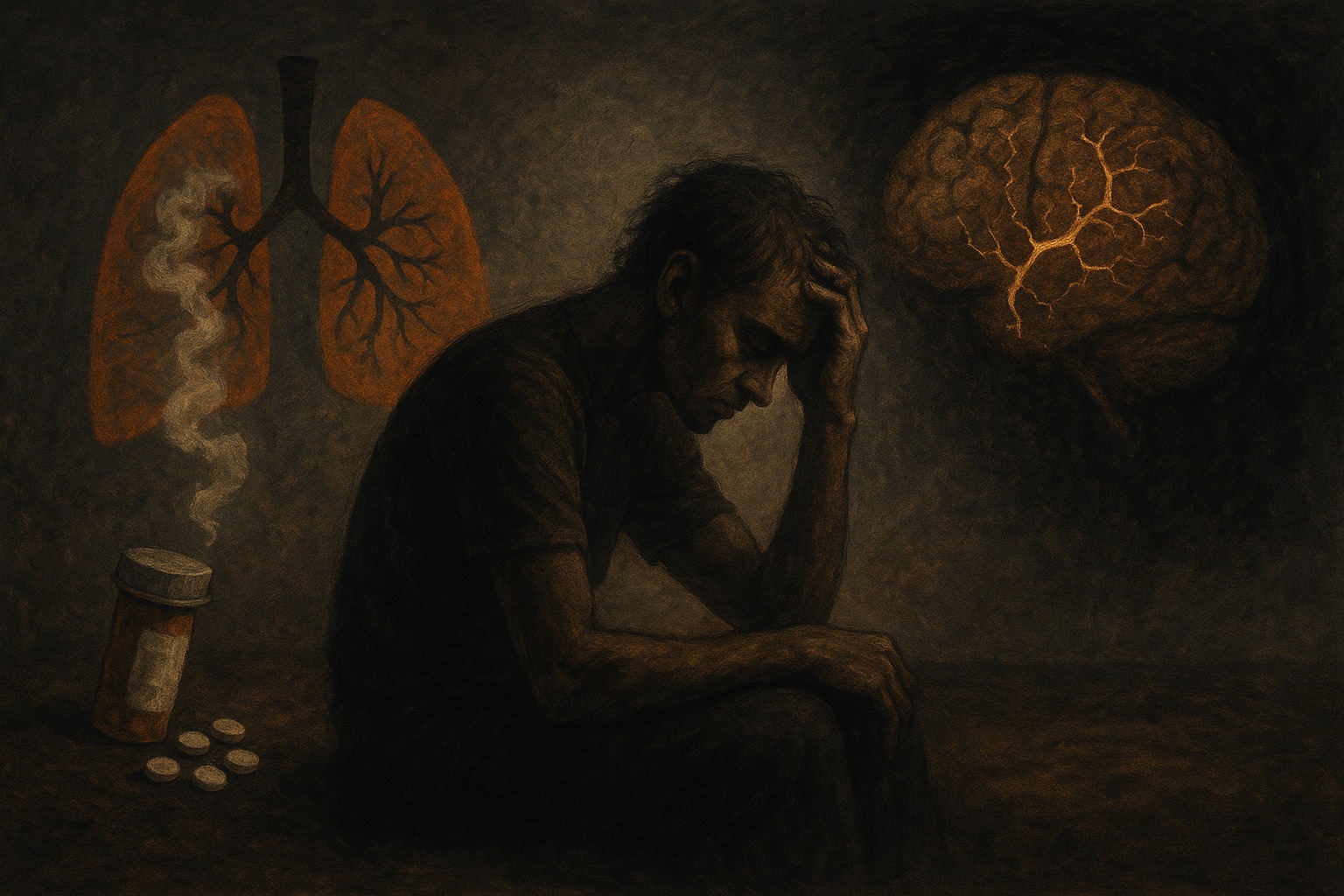In today's fast-paced world, mental health is gaining more attention, and rightly so. Among the many mental health challenges people face, depression stands out as one of the most common and deeply impactful. Yet, despite its prevalence, it remains widely misunderstood. Let's explore what depression is, how it affects people, and why it's so important to talk about it.
What Is Depression?
Depression is more than just feeling sad or having a bad day. It's a serious mental health condition that affects how a person feels, thinks, and handles daily activities. Also known as major depressive disorder, it can cause persistent feelings of sadness, hopelessness, and a loss of interest or pleasure in once enjoyable things.
According to the World Health Organization, over 280 million people worldwide suffer from depression, making it a leading cause of disability.
Signs and Symptoms.
While depression looks different for everyone, some of the most common symptoms include:
- Persistent low mood or sadness.
- Fatigue or lack of energy.
- Trouble sleeping or sleeping too much.
- Difficulty concentrating.
- Loss of interest in activities or hobbies.
- Changes in appetite or weight.
- Feelings of guilt, worthlessness, or hopelessness.
- Thoughts of self-harm or suicide.
These symptoms must last for at least two weeks for a diagnosis of clinical depression, though many people struggle silently for much longer.
What Causes Depression?
A combination of biological, psychological, and environmental factors can trigger depression.
- Genetics: A family history of depression can increase risk.
- Brain chemistry: Imbalances in neurotransmitters can affect mood regulation.
- Life events: Trauma, loss, abuse, or major life changes can be contributing factors.
- Health conditions: Chronic illness or hormonal imbalances may play a role.
- Substance use: Alcohol and drug use can worsen depressive symptoms.
Breaking the stigma.
One of the biggest challenges surrounding depression is stigma. Many people hesitate to seek help out of fear of being judged or misunderstood. But depression is not a weakness, and it's not something you can "snap out of."
Just like any other medical condition, depression deserves compassion and professional care. Talking openly about it helps normalize the conversation and encourages others to seek support.
Treatment Options.
The good news? Depression is treatable, and many people recover fully with the right support. Treatment may include:
- Psychotherapy: Cognitive Behavioral Therapy (CBT) and other talk therapies can help change negative thought patterns.
- Medication: Antidepressants can help balance brain chemicals.
- Lifestyle changes: Regular exercise, proper sleep, and a balanced diet can significantly impact someone's mood.
- Support networks: Friends, family, and support groups can offer emotional support and encouragement.
No one treatment fits all; finding what works may take time, but healing is possible.
Final thoughts.
Depression is common, real, and treatable. If you or someone you know is struggling, know that you are not alone. Help is available, and reaching out is a sign of strength, not weakness.
Let's continue to break the silence around mental health and support one another in building a world where mental well-being is prioritized just as much as physical health.




